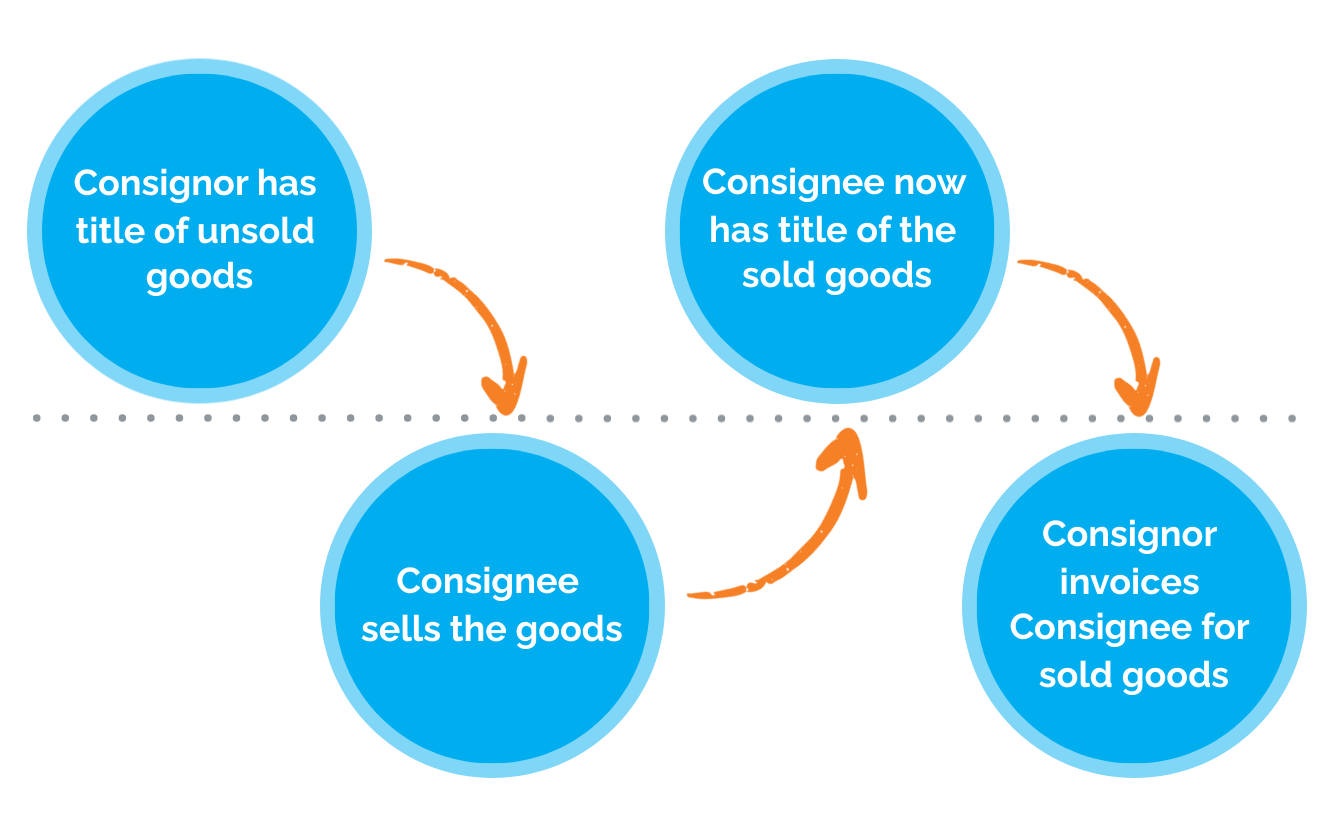Protect Your Purchase Money Security Interest in Goods
What is a Purchase Money Security Interest (PMSI)? Section 9-103 of the UCC defines a PMSI as a security interest in goods that are collateral for an...

If you allow customers to have possession of goods under a “consignment” agreement prior to the actual sale, you are at risk of losing your rights in the goods. To protect your interest, you must have perfected a security interest in those goods under Article 9 of the Uniform Commercial Code (“UCC”) prior to delivery.
A consignment is when the owner (the consignor) retains title to goods delivered to the consignee. The consignee will then hold the goods for sale or use. When the goods are sold, the consignor’s rights attach to the proceeds. If the consignee is not able to sell the goods they can be returned to the consignor without any obligation. The advantage of a consignment sale is that it minimizes the risk of non-payment and can be an option when doing business with a poor credit risk.
There is a credit risk to be managed in a consignment sale. If the consignor does not take the necessary steps to protect ownership of its goods, the consignor can lose interest in the goods and proceeds.
Consignors can perfect their security interest by complying with Article 9 of the Uniform Commercial Code.
The consignor’s goods on consignment, or the proceeds from the sale of those goods, may become the subject of a competing creditors claim in the event of bankruptcy or default. The consignor must comply with the Uniform Commercial Code (UCC) for perfecting a security interest in the goods. A perfected consignment interest will afford the consignor priority in their consigned goods over a judicial lien creditor, a bankruptcy trustee and other secured creditors.
When all of the perfection steps have been completed the consigned goods are protected against competing claims. Remember that any consigned goods delivered prior to the perfection steps are not secure from prior secured parties.
Unless you are familiar, comfortable and confident with the process, assistance is recommended.

What is a Purchase Money Security Interest (PMSI)? Section 9-103 of the UCC defines a PMSI as a security interest in goods that are collateral for an...

In Bankruptcy, Who Has Priority Over the Proceeds from Consigned Goods? Depends on Whether the Consignment is Governed by UCC Article 9 Selling Fuel...

UCC Filings: What is Consignment? We have previously discussed whether you should secure your receivables, under Article 9 of the UCC, via a Blanket...